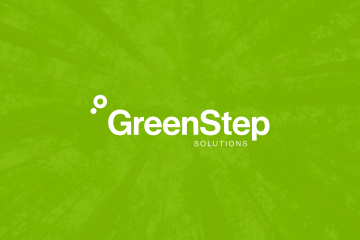You have the best service, the best products, the most incredible experiences or the most amazing [insert your top customer benefits here.]
Sound familiar? Research by Xavier Font, Islam Elgammal & Ian Lamond, published in the Journal of Sustainable Tourism, has demonstrated that most businesses focus their marketing and communications exclusively on the features and benefits that they provide their customers. While these are things marketing expert Jacquelyn Ottman, in her book “The New Rules of Green Marketing,” suggests you should lead your message with, there is also a growing body of evidence that suggests you also need to find ways to connect with the values of your customers. For many businesses, this means digging into your operation and identifying the areas where you are making positive impacts, environmentally, socially, economically or culturally, collectively known as sustainability.
Yet, most businesses are only communicating 30% of all of their sustainability related activities, or “Greenhushing.” Many others are “Greenwashing,” or exaggerating their sustainability achievements. What’s going on and how can you avoid these two mistakes that are bad business?
After talking to thousands of businesses over the past several years, we know that the number one reason companies pursue sustainability is because of the marketing benefits. Unfortunately, many of these same businesses that are implementing green practices are guilty of Greenhushing.
Xavier Font et al. suggests that this is due to a conscious effort by businesses to limit how much they are sharing and how they are sharing it. This is done to prevent a perceived disconnection that they believe exists between their own sustainability values or practices, and their customers, thereby mitigating a potential disconnection between what they think their customers want and their own views on sustainability. Talk about paralysis by analysis!
Research indicates, year over year, that the demand for socially responsible and environmentally friendly business is growing.
We have often heard the arguments, “I don’t want to brag,” or, “we don’t want customers to poke holes in the things we aren’t doing well yet.” The problem is that in the communications void left by the businesses that actually are doing great green things, the fakers are able to gain more traction with their greenwashing. Don’t view sharing a compelling story of your sustainability achievements and goals as bragging, but rather as an inspiration for others to do the same, and a way to resonate instantly and deeply with the growing body of customers that care.
The best way to get around the “we’re not doing enough” concern is to admit that you’re on a journey, that you know you’re not perfect, and then highlight the things you’ve done already, the things you’re working on, and the things you’re planning to do in the future.
Interested in learning more about Sustainable Tourism? Visit our Sustainable Tourism site, and subscribe to our newsletter! Looking to help advance your business or organization’s sustainability performance, schedule a free consult to learn more about how we can help.


0 Comments